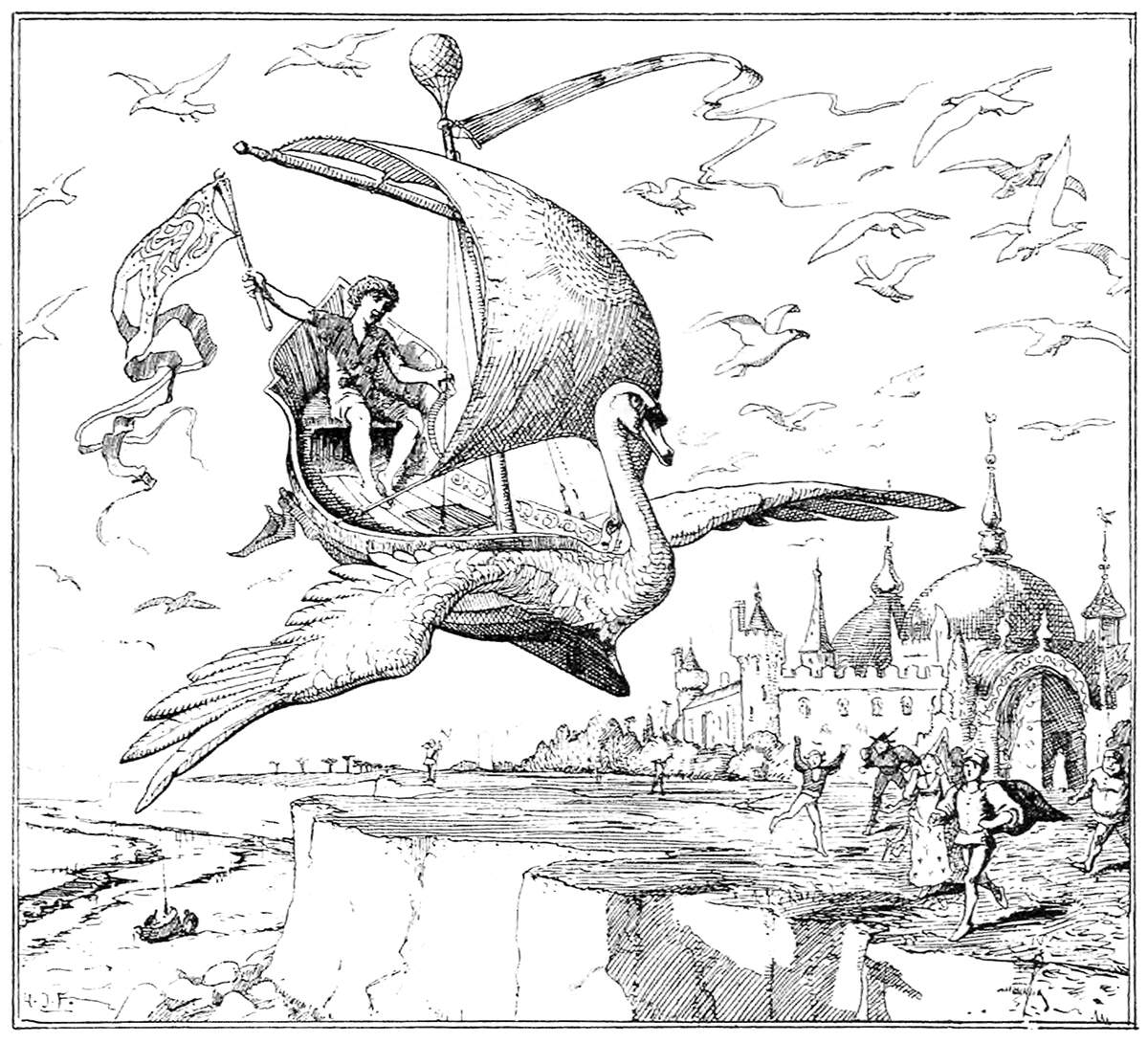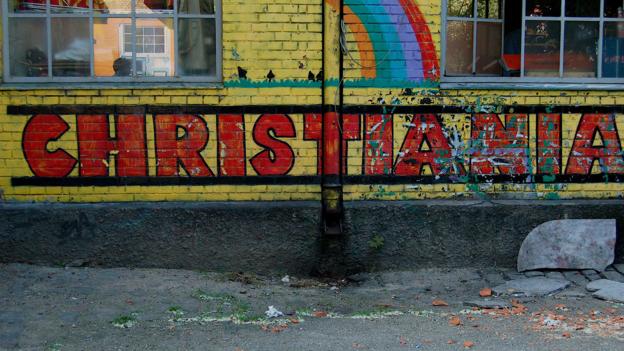via 3 Quarks Daily: Kelefa Sanneh at The New Yorker

People have known since the Stone Age that sugary liquids, given time, have a salutary tendency to ferment, transforming themselves into something like beer or wine. Distillation, a more sophisticated process, was perfected only in the past few hundred years, and wherever it went it upended social customs. In “Deliver Us from Evil”, a crisp history published in 1976, Norman H. Clark explained that nineteenth-century temperance movements in the U.S. distinguished gin, whiskey, and other distillates from milder beverages, which were considered part of the common diet. “Many Americans of the New Republic simply did not regard beers and wines as ‘intoxicating,’ ” he writes. By contrast, hard liquor was prohibited in some American territory even before the country formed: in 1733, James Oglethorpe, the founding governor of the British province of Georgia, banned “the importation of ardent spirits”.
Continue reading
===================================
via OUP Blog by Matthew Dimmock
Without Islam there would be no Shakespeare. This may seem surprising or even controversial to those who imagine a ‘national bard’ insulated from the wider world. Such an approach is typified in the words of the celebrated historian A.L. Rowse, who wrote that when it came to creatively connecting with that world, Shakespeare, the ‘quiet countryman’, was ‘the least engaged writer there ever was’.
Continue reading click through even if only to see the header image!
===================================
via The National Archives Blog by Emma Down
Shortly before the bombing raid on Coventry in October 1940, the film London Can Take It, in which American journalist Quentin Reynolds paid tribute to the people of London enduring the Blitz, was released in the United States. The aim of the film was to gain American support against Nazi Germany. After the night of 14 November it became apparent that Coventry also ‘could take it’.
Continue reading
via Boing Boing by Rob Beschizza

Old Book Illustrations is a search engine and browseable library of – you've guessed it! – the engraved illustrations and litho prints found in old books.
Continue reading
WARNING: Allow yourself hours not minutes. This is stunning.
===================================
via OUP Blog by Geoffrey Hosking
The October Revolution was probably the determining event of the twentieth century in Europe, and indeed in much of the world. The Communist ideology and the Communist paradigm of governance aroused messianic hopes and apocalyptic fears almost everywhere. In all European countries from the 1920s to the 1980s there were Communist parties – except where they were forbidden because of the fears they aroused, and even then some of them survived underground. Fascism and Nazism, vehemently nationalist and anti-Communist, became widely popular largely because of that fear.
Continue reading
===================================
via 3 Quarks Daily: Stephen Cave in Aeon
It is often thought that science has shown that there is no such thing as free will. If all things are bound by the same impersonal cosmic laws, then (the story goes) our paths are no freer than those of rocks tumbling down a hill. But this is wrong. Science is giving us a very powerful and clear way to understand freedom of the will. We have just been looking for it in the wrong place. Instead of using an electron microscope or a brain-scanner, we should go to the zoo.
Continue reading
===================================
via Research Buzz Firehose
Terrific article from The New York Times: Museum Specimens Find New Life Online. “Mr. Kroupa and 14 colleagues are in the midst of a vast undertaking: digitizing and publishing online the museum’s entire collection of insects, including high-definition 3-D images of thousands of particularly important specimens. The researchers here are not alone. Museums around the globe are trying to harness the power of digital technology to make available collections that have long lain dormant on shelves and in dusty cabinets.”
===================================
via OUP Blog by John McCourt
There are times when it feels like Anthony Trollope’s Irish novels might just as well have fallen overboard on the journey across the Irish Sea. Their disappearance would, for the better part of a century, have largely gone unnoticed and unlamented by readers and critics alike. Although interest has grown in recent times, the reality is that his Irish novels have never achieved more than qualified success, and occupy only a marginal place in his overall oeuvre. Yet Ireland was central to Trollope, both as a writer and a civil servant, and he had no hesitation in acknowledging his genuine affection for the country and its people.
Continue reading
===================================
via The Lone Wolf Librarian: Sarah Laskow in Atlas Obscura

Two thousand years ago, around the time that Jesus of Nazareth was born, the second Holy Temple was still standing in Jerusalem. The Great Pyramid at Giza was already 2,500 years old, but the Library of Alexandria was still around. In Rome, the Colosseum hadn’t been built yet.
It’s a bit uncanny to think about the political geography of a time and place that’s also the setting for a timeless story–the birth of Jesus Christ. Because that story is so often told, its context feels familiar. And, in the part of the world that Jesus lived in, the best knowledge about the rest of the world was, in some ways, thorough and accurate. But there were profound differences, too: most importantly, the Mediterranean Sea was still a geographer’s main point of reference, if not the center of the world.
Continue reading
===================================
The secret world of hidden independent nations
via Boing Boing by Rob Beschizza

The BBC casts an eye over countries that do not exist – not just the odd slivers of land with tentative claims on micronationhood, but the superimposed quasi-countries that cohere because of ethnicity, politics, or because of something really weird going on on the Internet.
Continue reading
via Boing Boing by Rob Beschizza

The BBC casts an eye over countries that do not exist – not just the odd slivers of land with tentative claims on micronationhood, but the superimposed quasi-countries that cohere because of ethnicity, politics, or because of something really weird going on on the Internet.
Continue reading
No comments:
Post a Comment